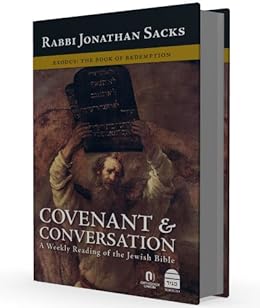
Jesus said God does not live in temples, in a place. Jesus said something new was coming. What is strange is how the word Ekklesia which means assembly or gathering has been translated "church." Church is not a translation, it is a substitution.
Look at Acts 19:32 (NASV) "So then, some were shouting one thing and some another, for the assembly was in confusion and the majority did not know for what reason they had come together."
Church is translated over one hundred times in English and here it is translated as "assembly." The context here is the idol worship in the city and the people were in confusion. It would make no sense to say the church was in confusion but why translate this word church at all? Jesus was starting a revolution, a movement, a people who gathered together in his name. Why do we call it church?
The term Ekklesia remains a casualty of modern English translations. Jesus has always had a group of followers who refused to define church in the terms of location and hierarchy as the modern church has done. It was always a WAY, a movement, a mobile revolution to the ends of the earth and to all nations.
(Excerpts from Andy Stanley's new book, Irresistible: Reclaiming the New that Jesus Unleashed for the World).




